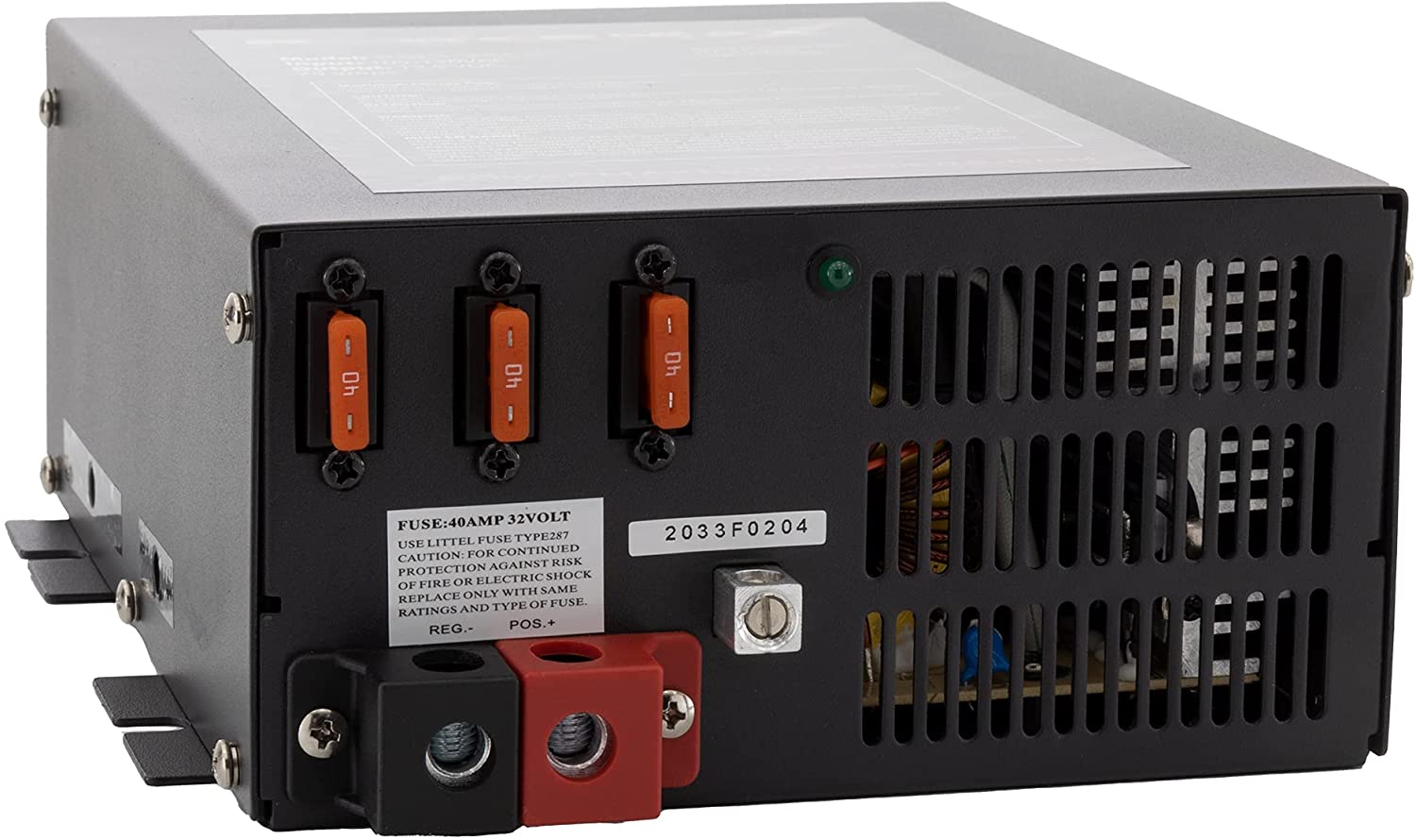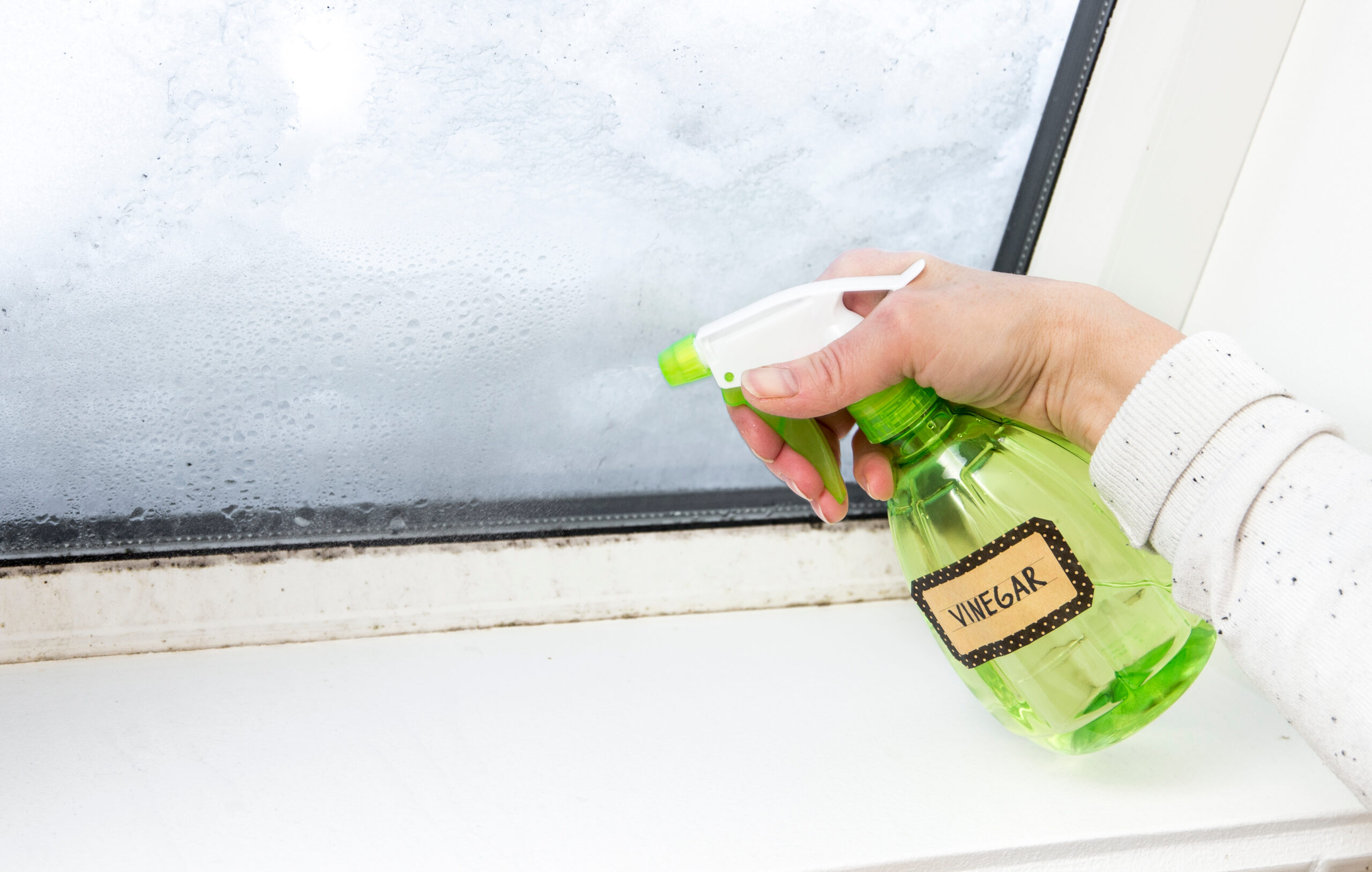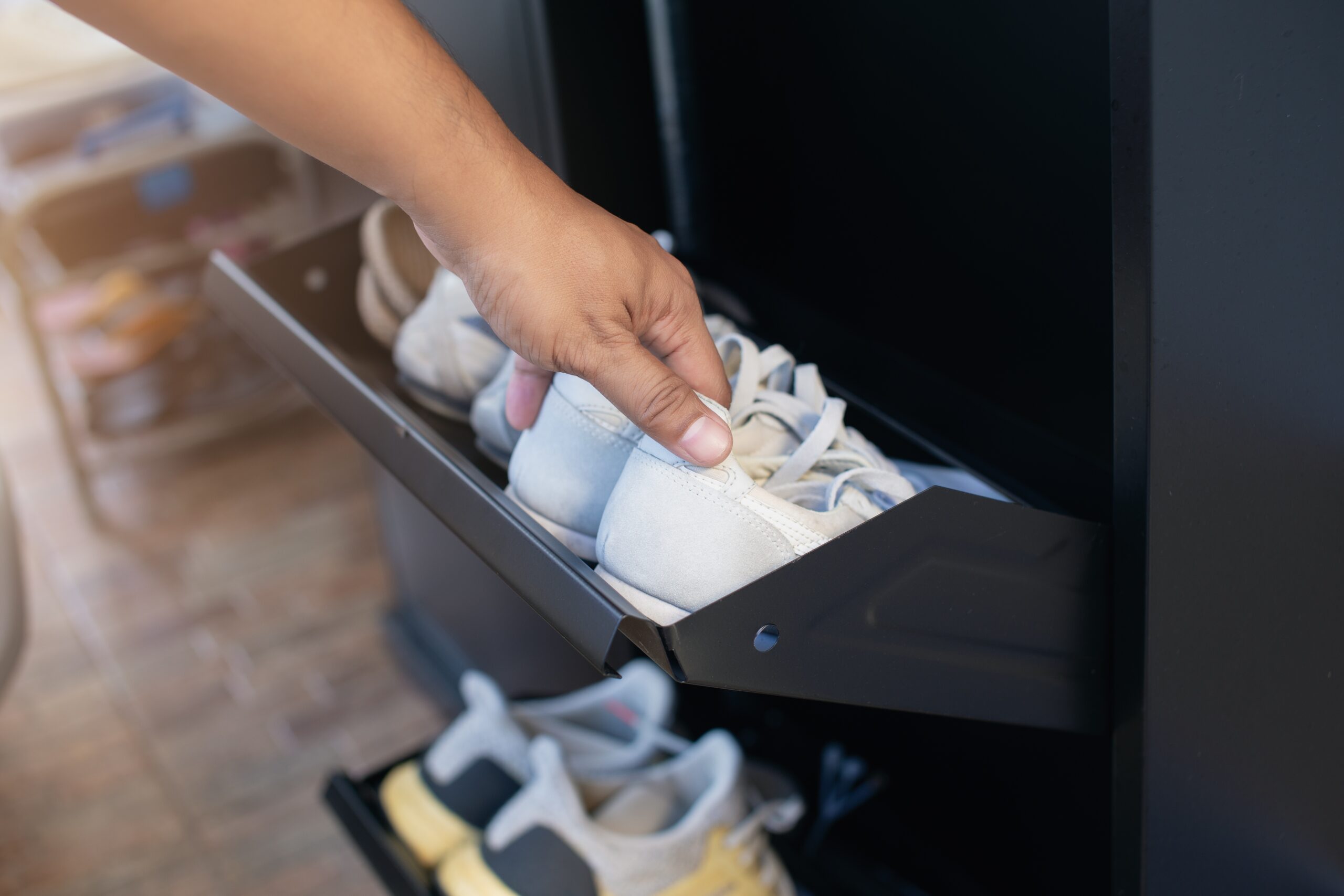
Why Is My RV Converter Not Working?
Your RV electrical system is a wonderful thing when it works. The whole point of RV life is bringing a home away from home along with us on our journeys.
Camping in an RV enables us to enjoy outdoor life while still having access to electrical appliances, lights, etc. Each component of your RV’s electrical system is vital to your ability to use any of the RV’s electrical appliances. One such component is the RV converter.
In this article, we’ll look at what the RV converter does and how to tell if your RV converter is bad.
What does an RV converter do?
Your RV’s electrical power system is divided into two parts: AC (alternating current) and DC (direct current). Some appliances (e.g. fridge, stovetop, TV, air conditioner, AC outlets) run on AC and some run on DC (e.g. lights, water pump, slides, tongue jack). When you are plugged into shore power, the 120-volt AC current needs to be converted to 12 volt DC current or the batteries will drain.
The converter charges your 12 volt batteries while you are on shore power, preventing them from draining. When your RV is not connected to shore power or another electrical source (like solar panels), your RV battery supplies all the DC appliances. By the way, an inverter will convert DC back to AC power to allow you to power both AC and DC appliances.
How to tell if your RV converter is bad
When your RV converter goes bad, your batteries (your DC power source) will drain and not hold a charge. There are a few signs that your RV converter isn’t functioning properly:
- Flickering dashboard warning lights
- Flickering house lights
- Your RV batteries won’t hold a charge
- The converter cooling fan stops working
Test your RV house batteries first
If your batteries stop charging or won’t hold a charge, you can troubleshoot. It’s good to make sure it’s not the batteries causing the problem before you blame the converter. To do this, you’ll need to charge, disconnect, and test your batteries using a voltmeter or multimeter.
Step 1: Fully charge your house battery.
Charge your battery for 48 hours to ensure it charges properly. Deep-cycle batteries take a long time to charge properly.
Step 2: Disconnect your house battery from the RV.
Make sure the battery is isolated so it’s not drawing a charge from anywhere. You won’t get an accurate reading if it’s still connected to the RV.
Step 3: Test your battery using a multimeter or voltometer.
If your battery reads 12.8 to 13, it is charging and holding a charge, and it could be that your converter has gone bad. If your battery isn’t fully charged, your battery is dead and needs to be replaced.
Check your converter cooling fan
If your converter’s cooling fan doesn’t cycle on once in a while, your converter might be bad. The converter normally produces a lot of heat, and the cooling fan keeps it from overheating and frying itself. If your converter fan isn’t working, it’s an indication that your converter is bad or will go bad soon.
To avoid damage to your RV’s electrical components, including your converter, always make sure the breaker on the campsite power supply is set to “Off” before you plug into it. It’s always good practice to use a surge protector between your RV and the power supply. Lastly, If your RV converter goes bad, you should have it replaced by a certified RV technician.
Now you know how to tell if your RV converter is bad. Make sure you keep track of all your RV maintenance and repairs with an online tool such as RV LIFE Maintenance. Not only can you keep all of your documents in one place, but you’ll also receive timely reminders when maintenance is due to help you avoid costly repairs and potentially serious accidents.
Related articles:



